When
Tuesday 4th Feb, 3:45 pm
Where
Room B1
Hashtag
#T22
Category
Impact
Producer
Eve Merton
Speakers
Dorean Erhart
Stefan Kaufman
Suzanne Long
Jean Palutikof
Liam Smith
Abstract
This session will bring together current and potential knowledge brokers, practitioners and researchers, for presentations from influential speakers, and a mini-write-shop on best-practice in influencing policy and practice. Researchers, practitioners and policy makers will be paired for lively presentations about their experiences — what works in the research-into-policy arena, research use or non-use and knowledge brokerage. Although knowledge brokerage is becoming recognised as a field of practice and an area ripe for academic study, knowledge brokers have tended to operate in isolation from each other, particularly in Australia. A network and community of practice to bring together knowledge brokers to discuss theory and practice is overdue. The potential for a national network will be explored in the second part of the session.
Media
Greetings potential participant!
We want you to be fully prepared for our session ‘Knowledge brokering in Australia: influencing policy and practice’, so please consider the following:
- do a bit of pre-reading — see links to materials below and please feel free to suggest others in the comments
- consult with your colleagues and friends about knowledge brokerage — who does it, what is it, why is it important, what works?
- come along to our session and listen to the paired speakers talk about their own experiences in research and practice
- join in the discussion and debate in the writeshop — like a workshop, but with the aim of developing written guidelines for best-practice in knowledge brokerage
- network and join with a proposed community of practice around knowledge brokerage.
We are really keen for you to interact with us and each other in the lead-up to the conference. This will make our session worthwhile.
Watch this space for more…
The six functions of knowledge brokering
See Shaxson & Gwyn (2010): The Six Functions of Knowledge Brokering (diagram)
Source: Shaxson and Gwyn (2010) page 4, which they adapted from Michaels 2009, and which has been updated and expanded in Jones et al (2012), see pages 132 and 133, who ‘set the framework against three well-recognised ‘ladders of participation’’ (page 131).
Jones H, Jones N, Shaxson L and Walker D (2012). Knowledge, policy and power in international development: a practical guide, Policy Press: Bristol
How do government agencies use evidence?
Head, B (2013). How do government agencies use evidence? Report for National Board of Health and Welfare, Stockholm: Socialstyrelsen, The National Board of Health and Welfare, particularly pages 28–30: ‘Relationships, communication and brokering’
Conference papers: Bridging the Gap Between Research, Policy and Practice: The importance of intermediaries (knowledge brokers) in producing research impact, 7 December 2011
The Bridging the Gap conference focused on knowledge brokerage in the social sciences. It was designed to encourage dialogue between knowledge exchange practitioners and organisations, and researchers who study knowledge exchange.
Three presentations from the Bridging the Gap conference that are of particular interest to this ASC session:
- Understanding knowledge exchange: a practical tool
Vicky Ward (Leeds Institute of Health Sciences)
- What makes a good knowledge broker? Reflections on qualities and skills
Sarah Morton (University of Edinburgh) and David Phipps (York University) - Knowledge brokers: who are they and what do they do?
Claire Lightowler (Institute for Research and Innovation in Social Services) and Christine Knight (University of Edinburgh)
Workshop paper, from an ESRC workshop in 2012: Knowledge brokering: how can theory be useful in practice?
This workshop presented the theory behind the term ‘knowledge brokering’ and allowed participants to consider how thinking about communication models, intermediaries, knowledge translation and brokering can be useful for reflecting on knowledge brokering practice.
Knowledge brokering: how can theory be useful in practice? Morgan Meyer, Ecole des Mines de Paris

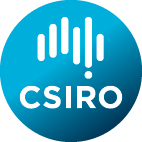
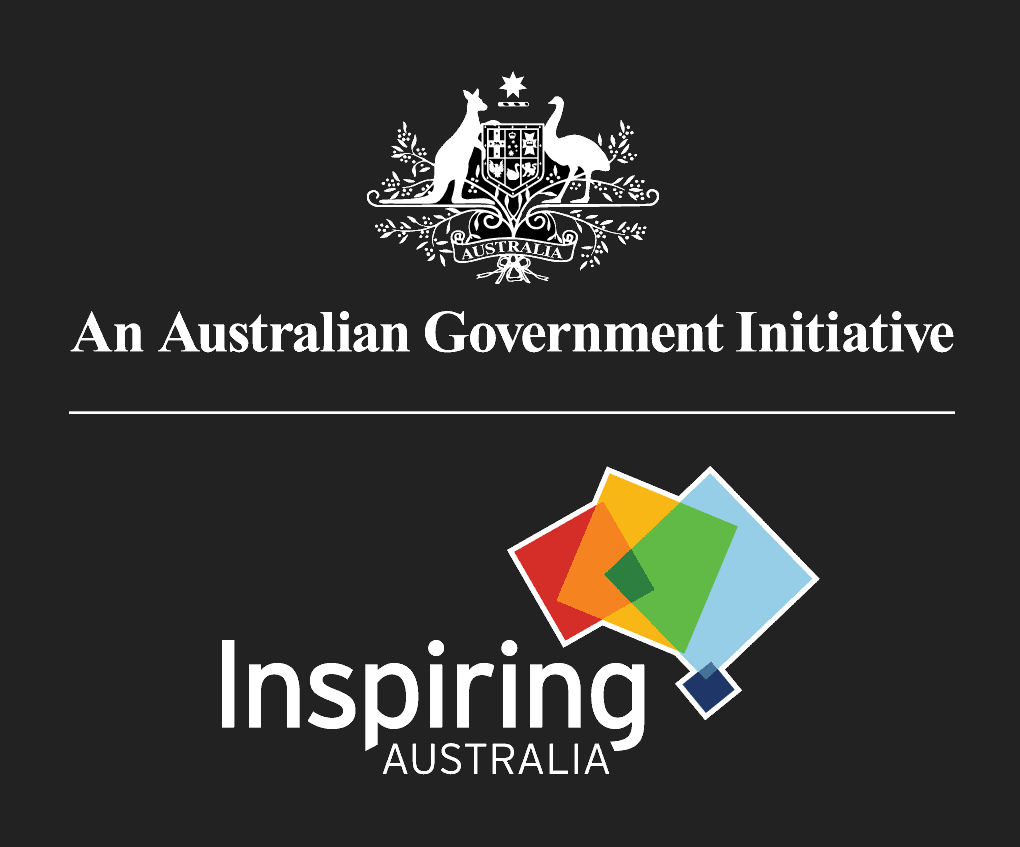
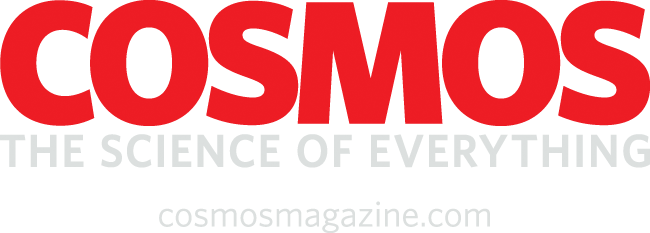




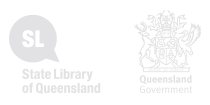
z
Have you ever been, are you or do you want to be a knowledge broker? If so, come along to our session ‘Knowledge brokering in Australia: influencing policy and practice’!